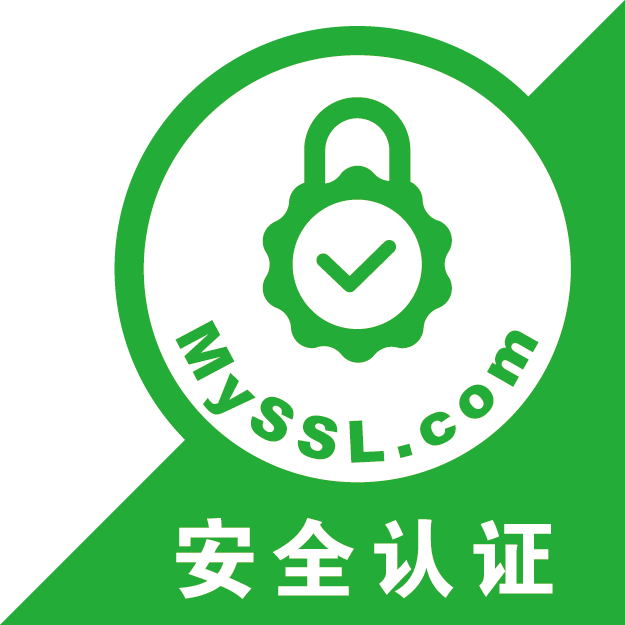悠悠楠杉
SpringSecurity实现验证码登录的完整流程
在当今互联网应用中,验证码已经成为防止恶意登录和自动化攻击的重要手段。本文将带你了解如何在Spring Security中实现验证码登录功能,增强系统的安全性。
一、验证码登录的基本原理
验证码登录的核心思想是在传统的用户名密码认证基础上,增加一层随机生成的图形或文字验证码校验。这可以有效防止暴力破解和自动化脚本攻击。
Spring Security本身并不直接提供验证码支持,但我们可以通过自定义过滤器的方式将其集成到认证流程中。整个流程大致分为以下几个步骤:
- 用户访问登录页面时,系统生成验证码并展示
- 用户提交登录表单,包含用户名、密码和验证码
- 系统先校验验证码是否正确
- 验证码正确后再进行用户名密码认证
- 认证成功则创建安全上下文,否则返回错误信息
二、实现验证码生成功能
首先我们需要实现验证码的生成和存储功能。这里我们使用Kaptcha库来生成图形验证码:
java
@Configuration
public class KaptchaConfig {
@Bean
public Producer kaptchaProducer() {
Properties properties = new Properties();
properties.setProperty("kaptcha.image.width", "150");
properties.setProperty("kaptcha.image.height", "50");
properties.setProperty("kaptcha.textproducer.char.string", "0123456789ABCDEFGHIJKLMNOPQRSTUVWXYZ");
properties.setProperty("kaptcha.textproducer.char.length", "4");
Config config = new Config(properties);
DefaultKaptcha defaultKaptcha = new DefaultKaptcha();
defaultKaptcha.setConfig(config);
return defaultKaptcha;
}
}
然后创建验证码控制器:
java
@RestController
public class CaptchaController {
@Autowired
private Producer kaptchaProducer;
@GetMapping("/captcha")
public void getCaptcha(HttpServletResponse response, HttpSession session) throws IOException {
response.setContentType("image/jpeg");
String text = kaptchaProducer.createText();
session.setAttribute("captcha", text);
BufferedImage image = kaptchaProducer.createImage(text);
try (OutputStream out = response.getOutputStream()) {
ImageIO.write(image, "jpg", out);
}
}
}
三、自定义验证码过滤器
为了实现验证码校验,我们需要创建一个自定义过滤器:
java
public class CaptchaFilter extends OncePerRequestFilter {
private static final String LOGIN_URL = "/login";
@Override
protected void doFilterInternal(HttpServletRequest request,
HttpServletResponse response,
FilterChain filterChain) throws ServletException, IOException {
if ("POST".equalsIgnoreCase(request.getMethod())
&& LOGIN_URL.equals(request.getServletPath())) {
String captcha = request.getParameter("captcha");
HttpSession session = request.getSession();
String sessionCaptcha = (String) session.getAttribute("captcha");
session.removeAttribute("captcha");
if (captcha == null || captcha.isEmpty() || !captcha.equalsIgnoreCase(sessionCaptcha)) {
throw new AuthenticationServiceException("验证码错误");
}
}
filterChain.doFilter(request, response);
}
}
四、集成到Spring Security配置
接下来我们需要将自定义过滤器集成到Spring Security的配置中:
java
@Configuration
@EnableWebSecurity
public class SecurityConfig extends WebSecurityConfigurerAdapter {
@Autowired
private CaptchaFilter captchaFilter;
@Override
protected void configure(HttpSecurity http) throws Exception {
http.addFilterBefore(captchaFilter, UsernamePasswordAuthenticationFilter.class)
.authorizeRequests()
.antMatchers("/captcha").permitAll()
.anyRequest().authenticated()
.and()
.formLogin()
.loginPage("/login")
.permitAll();
}
}
五、前端页面实现
在登录页面中,我们需要添加验证码输入框和显示验证码图片:
html
六、安全性考虑
在实现验证码登录时,还需要注意以下几点安全措施:
- 验证码时效性:验证码应该有有效期,通常设置为2-5分钟
- 验证码复杂度:验证码应该包含数字和字母混合,避免纯数字
- 防刷机制:限制单位时间内获取验证码的次数,防止恶意刷验证码
- 一次性使用:验证码校验后应立即失效,防止重复使用
- 错误次数限制:对验证码错误次数进行限制,防止暴力破解
七、扩展思考
验证码登录只是增强系统安全性的一种方式,在实际项目中,我们还可以考虑:
- 多因素认证:结合短信验证码、邮箱验证码等多重验证
- 行为验证:如滑动验证、拼图验证等更高级的验证方式
- 风险评估:根据用户登录行为进行风险评估,动态调整验证策略
通过以上步骤,我们就成功地在Spring Security中集成了验证码登录功能。这种实现方式既保持了Spring Security原有的认证流程,又增加了额外的安全层,可以有效提升系统的安全性。
在实际项目中,可以根据具体需求调整验证码的样式、校验逻辑和错误处理方式,构建更加完善的认证体系。

